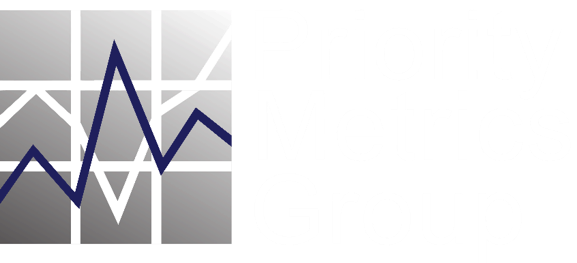
Critical Elements of Commercial Due Diligence
Commercial Due Diligence is essential for businesses looking to make acquisitions. When conducting commercial due diligence, it's important to understand the target company's entire business model. This involves looking into the company's market, customer base, products and services, and competitive position. Doing so helps assess the business's sustainability and ability to generate profits. A thorough analysis should also include customer due diligence, which examines the customer base to understand their needs, motivations better, and likely future behavior. This helps to determine the company's competitive advantages and potential for growth.
One of the challenges of conducting thorough Commercial Due Diligence research is the short timeframe driven by the LOI (Letter of Intent). This component of the due diligence process is typically conducted near the end, often allowing only 4 to 5 weeks for the commercial due diligence portion to be completed.
Identify the company's strengths and weaknesses
One essential element of commercial due diligence is identifying a company's strengths and weaknesses. This process examines the company's overall performance on critical product and service attributes. Typical attribute headings included in this element of commercial due diligence are product quality, sales and marketing, service and delivery, technical support, customer service, price, and value. It is also recommended that attribute importance also be collected. This will allow attribute performance to be mapped against importance, creating a performance improvement map highlighting important attributes where the company is underperforming. A sample improvement map is shown below.
Improvement Map

A customer survey is the most effective method of gathering this data. Based on the compressed timeframe and the importance of this information, we recommend focusing the data collection on the customers that generate 80% of the revenue. So make every effort to achieve a high rate of response with these customers, and let the normal flow of responses from customers that represent 20% of the revenue.
Assessing the company's competitive position
An essential element of commercial due diligence is assessing the company's competitive position. Analyzing the competitive landscape will help companies determine their positioning and how to best compete in the marketplace. Research the key players in their industry and determine where the acquisition target has competitive advantages or disadvantages.
The competitive position chart below indicates that the company has little or no equipment or parts advantage but is superior to the competition in sales representation. This competitive positioning information is extremely valuable in determining a company's growth potential before purchase.

Understand market conditions that could impact growth
Understaning the market conditions that could affect a company's future performance is integral to any commercial due diligence process. This involves analyzing market trends, segmentation, sustainability issues, and macroeconomic and social factors.
Customer due diligence can provide insights into the market and customer behavior, allowing companies to understand better why customers buy from a particular company or how trends may change customer behavior. Additionally, this type of analysis can provide insight into how a company's current customer base may be affected by changes in market conditions. It can also highlight new opportunities for growth through additional services or products.
Finally, it's vital to consider macroeconomic and social factors potentially impacting a company's future performance. These include factors such as inflation rates, population growth, economic cycles, and sustainability movements, which can significantly affect the overall business environment. Considering these conditions, you can understand how economic shifts may affect a company.
By considering all of these elements together, commercial due diligence allows you to assess better a company's potential for success in the future. Answering these strategic questions can provide invaluable information for evaluating a business during commercial due diligence. With this information, investors can make informed decisions about whether or not to pursue an investment opportunity.

